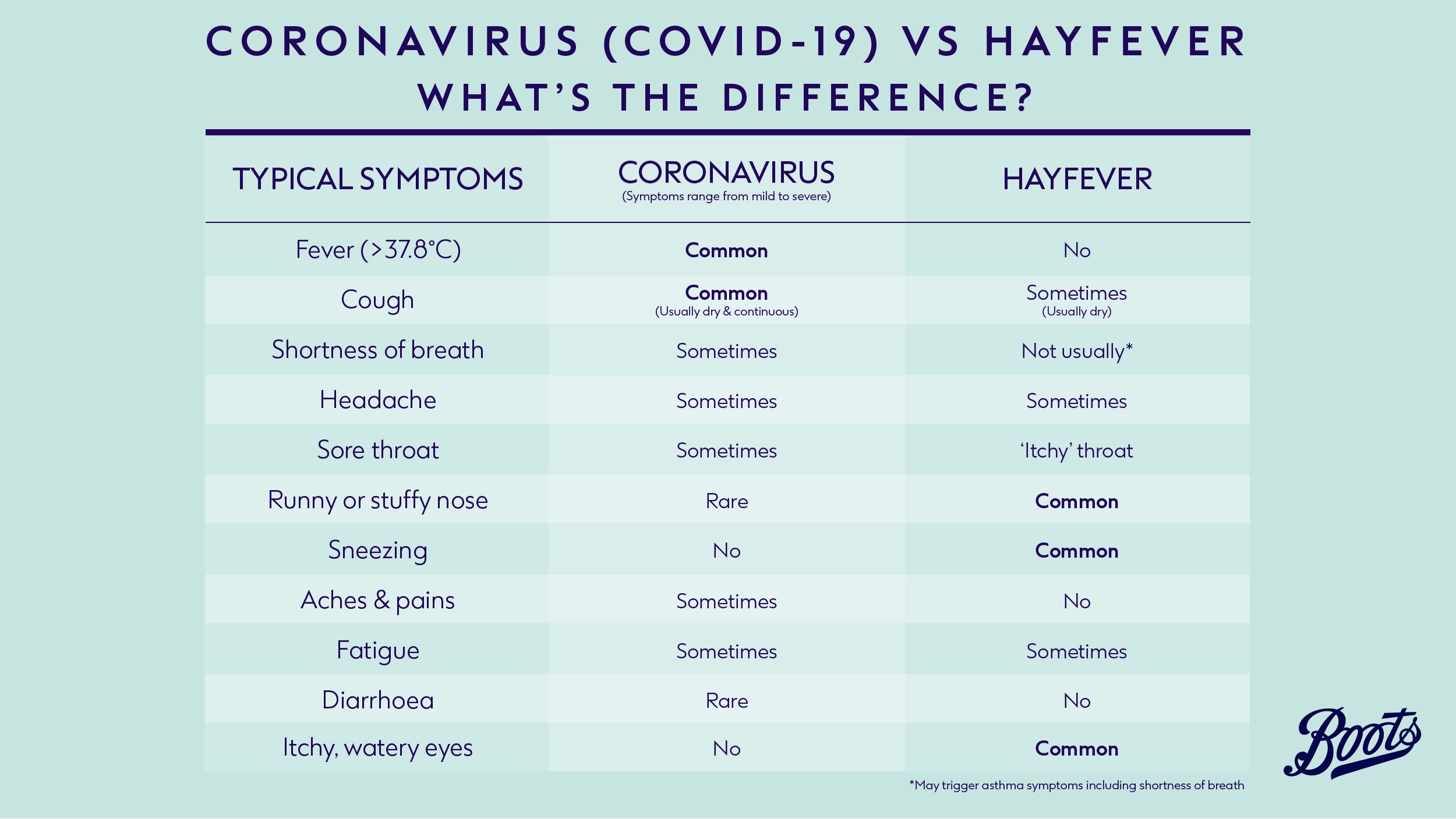Do Hay Fever Medications Weaken Your Immune System?
As we enter hay fever season, many of us are prepared with our antiallergic medications, often including antihistamines, nasal washes with saline, anti-allergen berms and steroid nasal sprays. It has been reported that hay fever medication can increase your chances of catching Covid-19 by reducing your immunity, but this is not necessarily the case.
–
Do antiallergic drugs have a negative effect on immunity?
According to a report from Allergy UK, most antiallergic drugs do not affect immunity, but this can depend on the drug. Drugs like antihistamine and Montelukast are generally considered safe, so you should continue using them. The report states there is no reason to think that immune responses to resistors will decrease. Inhaled and nasal steroids are generally considered safe as they target only the nose or lungs to reduce any inflammation and reduce their hypersensitivity.
However, oral steroids and other immunosuppressive pills can have negative effects on immunity and require a healthcare professional to conduct a risk assessment, it is recommended that anyone needing to take these treatments consult their GP for further advice before taking them.
–
How do I know if I have a spring allergy or Coronavirus?
Unfortunately, some allergy and Coronavirus (COVID-19) symptoms do overlap. Common allergic symptoms, such as sneezing and coughing, have been reported in people with Coronavirus as well. Now that Spring has arrived it can be even more difficult to distinguish between seasonal allergies and COVID-19 disease. Fortunately, there are several main symptoms that showcase the difference between an allergic reaction and the Coronavirus: allergic symptoms usually don’t include fever, sore throat or acidity, which has been reported in Coronavirus infected individuals.
Symptoms of allergies usually include itching (itchy eyes, itchy nose, itchy throat), which are not typical signs of a Coronavirus infection.

–
What is the biggest difference between allergic symptoms (hay fever) and Coronavirus?
One of the biggest differences is a fever. Although people refer to spring allergies as “hay fever”, people with spring allergies usually don’t experience a fever or any joint pain. In comparison, fever is more common with Coronavirus. The other big difference is itchiness – people with allergies often itch (this can occur in the eyes, ears, throat or nose), but this is not a perceived symptom of COVID-19.
The symptoms of coronavirus are high fever and a new and persistent cough. Hay fever (sometimes called straw fever) does not cause high temperatures and most people suffering from the allergic reaction do not feel unwell. Mild hay fever symptoms can be easily treated.
If you have allergic asthma, it is important that you are prescribed to take your prescription medication as recommended by your GP. See more information on COVID-19 from Asthma UK. Prepare in advance – make sure you have enough medicine and don’t leave it until the last minute to re-supply.












